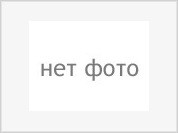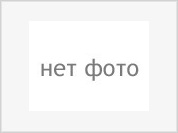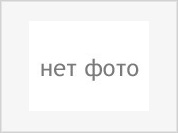President worried by deteriorating education standards
"Higher education establishments that offer poor teaching have flooded the Russian market," Nikolai Bulayev, head of the State Duma education and science committee, declares in a RIA Novosti interview. "There is a whole range of state and private institutes that clearly do not keep up with the times."
Close to 1,000 state and private institutes with about 2,000 branches are currently registered in Russia. Although they admit three times more students than their Soviet counterparts and 1.1 million students graduate from them every year, Russia is experiencing a shortage of qualified personnel. President Vladimir Putin highlighted the problem in his annual state of the nation address. "Mass higher education is accompanied by a low level of teaching," the president said.
"There are five times as many institutes in modern Russia than in the former Soviet Union," Education and Science Minister Andrei Fursenko said at a board meeting of the Russian Union of Rectors on July 8. "How do they manage to employ the necessary qualified teachers, when teacher numbers have not increased in the last 15 years?" he asked.
"When a profession comes into fashion, universities quickly start opening the relevant departments and begin enrolling students," says Mr Bulayev. "Then we have a surplus of specialists in various spheres, as supply exceeds market demand." Besides this point, experts are also sceptical about the professional knowledge of a considerable number of graduates, such as beginning lawyers, doctors, teachers, and economists.
Moscow State University Rector Viktor Sadovnichy blames "mushrooming private institutes" for declining higher education standards. He points the finger at the 1990s, when the education system was uncontrollable, undermining the traditional, fundamental nature of Russian education.
"Russian education must not be allowed to degenerate further as that will undermine the country's image and will have adverse economic consequences," said Mr Fursenko.
Another important point is that Russia's teenagers are not interested in easy study programmes or lightened academic workloads.
"Russian society has entered a new phase where education criteria are tougher," says Nikolia Bulayev. "The younger generation is seeking high quality education that will allow them to prove themselves, and achieve a decent social and financial status."
The Federal Service for Supervision in the Sphere of Education and Science is expected to conduct inspections of private universities and their branches in the provinces this autumn. Experts will focus above all on their curricula. President Putin set a clear goal when he declared, "Russian education must conform to the highest world standards without forgetting the country's own advantages." The experts, therefore, will scrutinise teaching standards, students' progress, and conditions in academic buildings and halls of residence.
Any institutes that are found to have violated licence requirements will face closure. "This will not be a one-off, but a systematic campaign," Mr Fursenko emphasised. He believes the number of universities and institutes has to be reduced in the coming academic year.
Indeed, the axe has already fallen. Fifteen universities in southern Russia, in the north, the Urals, and Siberia, including branches of Moscow universities, were recently stripped of their accreditation.
The Federal supervision Service promises that none of the students will be turned out into the streets, as they will be able to take entrance exams to other universities. The universities themselves will get the chance to make the necessary improvements and apply for new licences.
Subscribe to Pravda.Ru Telegram channel, Facebook, RSS!





